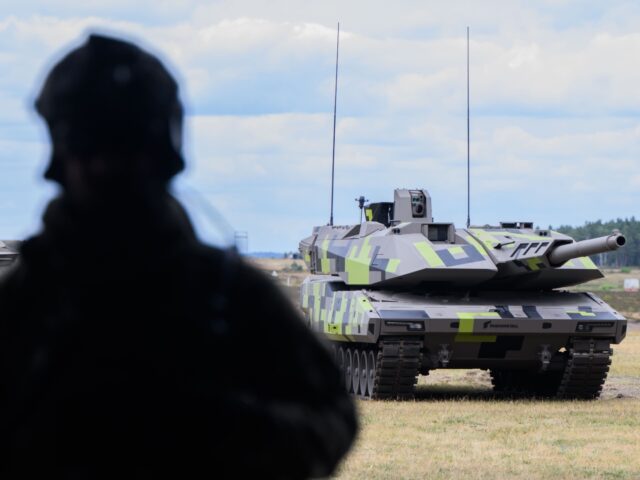The German government is reportedly considering diverting green agenda subsidies aimed at cutting coal power to the defence industry in order to ramp up production of arms amid the war in Ukraine.
A report from Bloomberg claims that the federal government in Berlin is conducting confidential conversations with regional state governments to direct green subsidies to produce more weapons and ammunition and thereby create more jobs in areas of the country impacted by the attempted move away from coal.
According to a source familiar with the plans who spoke to the news organisation, German defence contractor Rheinmetall AG is planning to build a factory to produce the basic components for ammunition in the state of Saxony, one of the main hubs of the coal industry in the country.
The defence firm is also planning on investing over €10 million into a production line near Hamburg to produce ammunition for the 30 Gepard anti-aircraft guns that Chancellor Olaf Scholz’s government has committed to sending to Ukraine following Russia’s full-scalle invasion in February 2022.
The economic powerhouse of Europe has long suffered from out of date and often dilapidated military equipment, with the government of former leader Angela Merkel consistently failing to spend the bare minimum on defence spending to meet its obligations to the American-led NATO alliance — a fact that was frequently criticised by former President Donald Trump.
Days after Russian forces launched an invasion of Ukraine last February, the recently formed coalition government under Social Democrat politician Olaf Scholz announced that the country would commit 100 billion euros (£90/$109 billion) to revamp its military and finally meet the 2 per cent of GDP NATO spending requirement after years of delinquency.
Despite this spending commitment from the government, the volume of the shipments of munitions and weapons to Ukraine has essentially left Germany’s military stockpiles “bare“, according to the chief of Germany’s army.
Following the decision last month to finally send some of the nation’s Leopard 2 battle tanks to Ukraine, Lieutenant General Alfons Mais warned there “comes a point where we can no longer do our jobs,” in reference to the diminished capacity of the German army.
The war in Ukraine not only exposed the failure of the German government to properly provide for its military, but has also poked holes in its leftist green agenda.
Following the invasion and the subsequent imposition of Western sanctions on Moscow, the flow of Russian natural gas through pipelines to Germany came to a screeching near-halt, forcing the country to not only delay the planned closure of its three remaining nuclear power plants, but also to once again ramp up coal production to keep the country from freezing.
In stark contrast to the country’s oft-touted green credentials, an additional 164 million tonnes of extra carbon dioxide was pumped into the atmosphere as a result of the increased use of coal last year, even when taking into account the government’s plan to move up its planned goal of banning the energy source by the year 2030 in order to offset current usage.
Follow Kurt Zindulka on Twitter here @KurtZindulka

COMMENTS
Please let us know if you're having issues with commenting.